Indigenous Governance Database
blood quantum
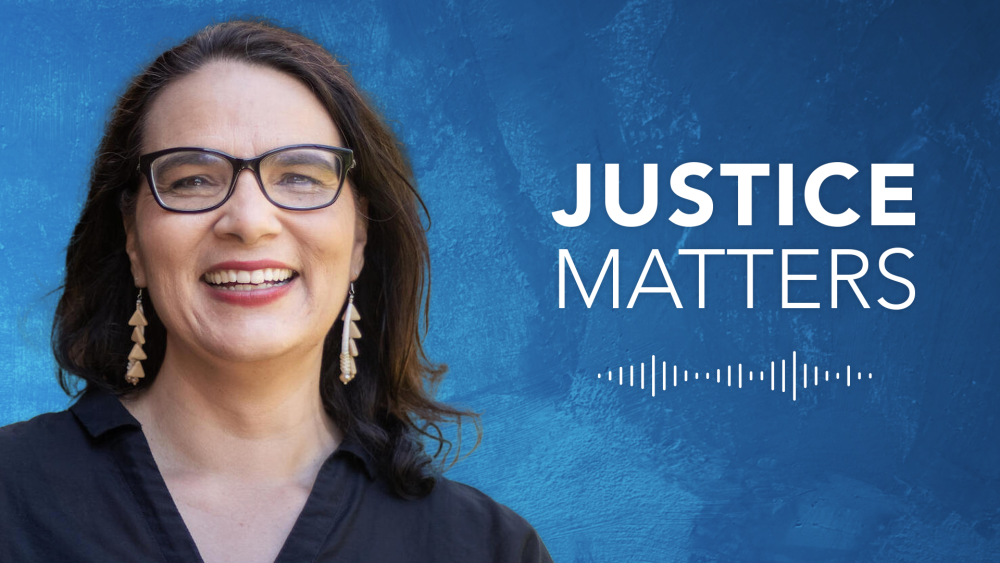
Justice Matters Podcast: (Re)Building Nations with Indigenous Governance | EP 79
On this episode of Justice Matters, co-host Mathias Risse speaks with Megan Minoka Hill, the Senior Director of the Project on Indigenous Governance and Development and the Director of the Honoring Nations program at the Harvard Kennedy School. The Project on Indigenous Governance and…
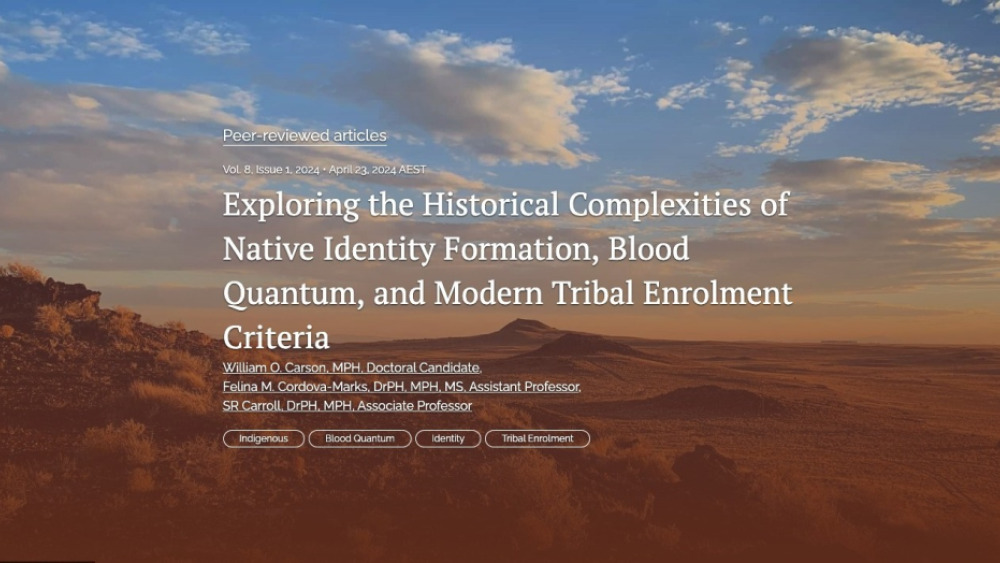
Exploring the Historical Complexities of Native Identity Formation, Blood Quantum, and Modern Tribal Enrolment Criteria
In the United States, blood quantum (BQ) based enrolment criteria find their roots in settler-colonial policies to erase, assimilate, and subjugate Indigenous Peoples and individuals. As a result, Native Nations throughout the United States continue to debate such practices. Current research on…
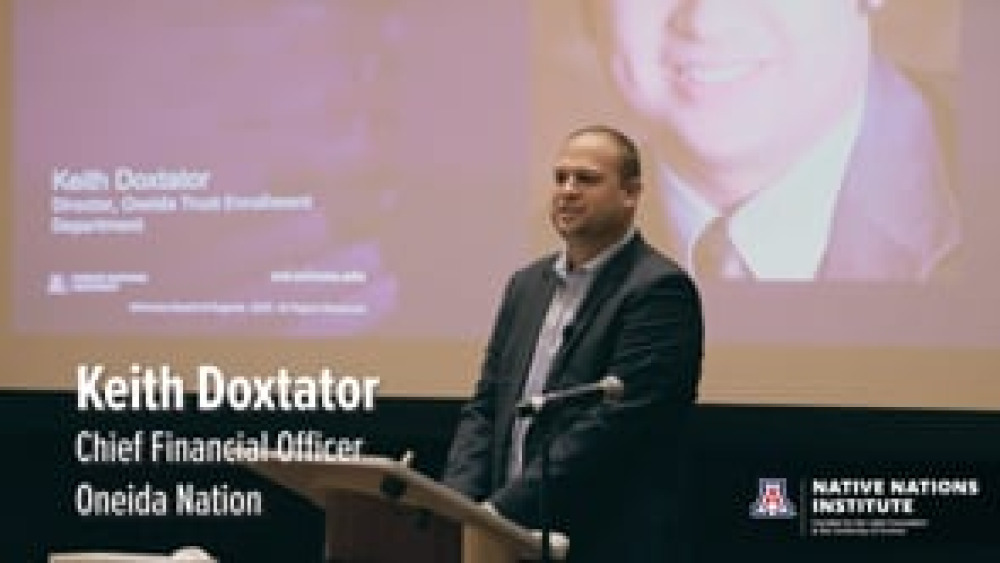
Hot Topics in Tribal Governance: Citizenship + Blood Quantum
As the Director of the Oneida Nation's Trust Enrollment Department, Doxtator used the skills he honed as a financial analyst to examine the current state of the nation's enrollment criteria and illustrate what that meant for the future of the nation. Since Oneida was still relying on Blood Quantum…
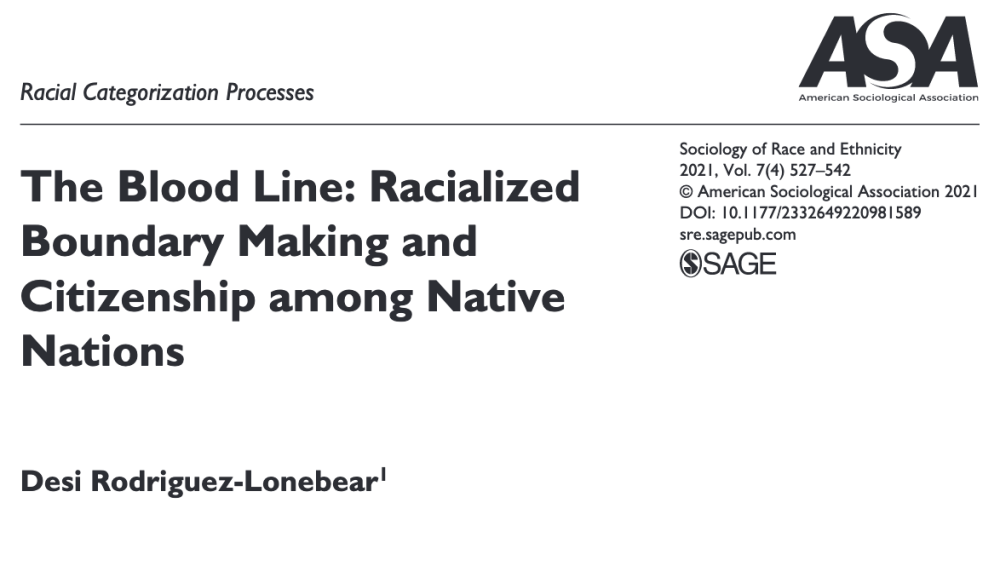
The Blood Line: Racialized Boundary Making and Citizenship among Native Nations
Blood informs a central racial ideology in the United States that has historically been used to racialize many different groups. American Indians (AIs) are the only population in the United States for whom the racial logic of blood remains codified as a means of conferring collective belonging.…
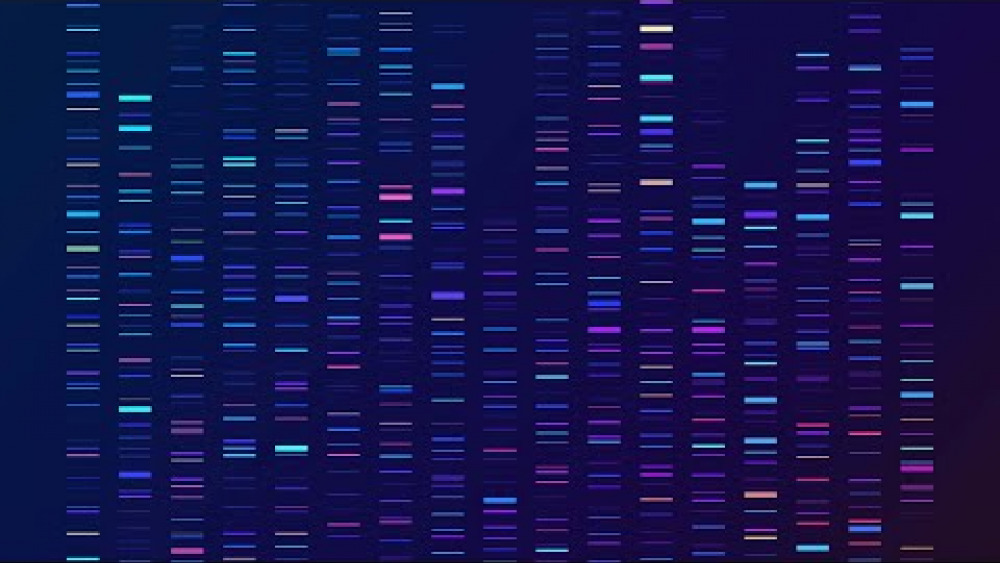
Blood Quantum and Sovereignty
"Blood Quantum and Sovereignty" is a beginner-level conversation focused on why blood quantum is controversial, as well as how it came to be used as an enrollment and citizenship criteria for Native nations. Produced and recorded by Native Governance Center on March 30, 2022. Featuring: Wayne…

What Makes Someone American Indian?
Who is Native American? It's a complicated question that has tripped up, among others, Massachusetts Senator Elizabeth Warren. The Democratic presidential hopeful recently apologized for identifying American Indian as her race more than 30 years ago. It was around that time that the U.S. census saw…
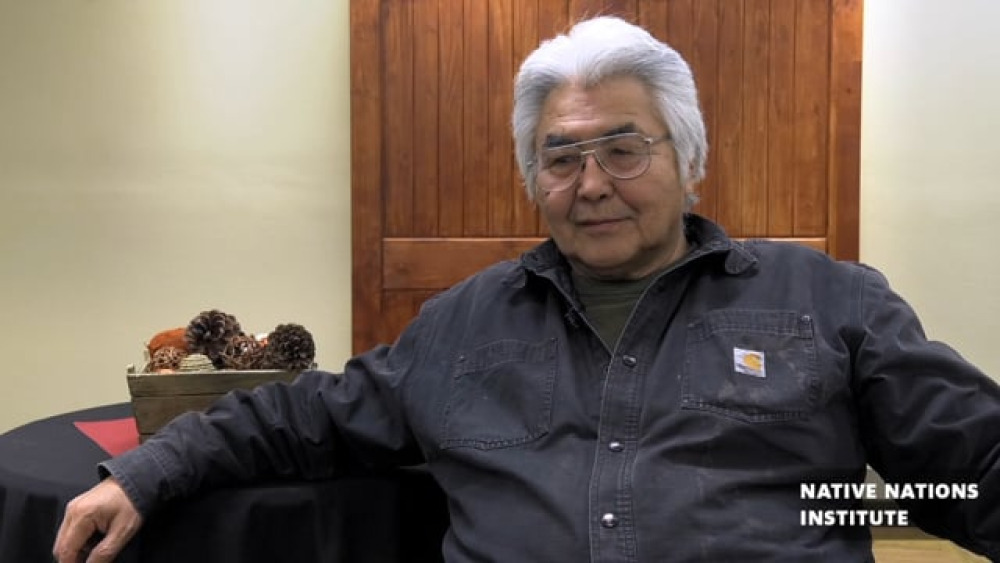
Wilson Justin: Leadership with Cultural Knowledge and Perseverance
Wilson Justin is a cultural ambassador for Cheesh’na Tribal council and serves as a Vice Chair Board of Directors for Mt. Sanford Tribal Consortium. He relays his expertise and perspective on the intricacies of Indigenous governance in Alaska through adapting cultural traditions, creating a…
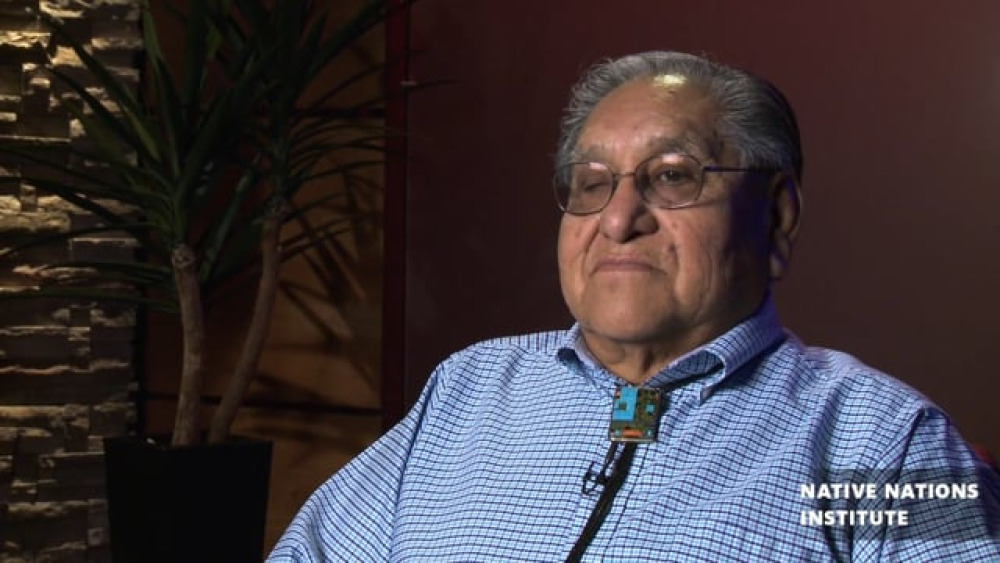
Leroy Shingoitewa: Self-Governance with Hopi Values
Leroy Shingoitewa, member of the bear clan, and served as chairman of the Hopi tribe and since January 2016, has served as a councilman representing the village of Upper Moenkopi. He recalls the intricacies of governing while maintiang Hopi values and traditions.

Verna Bailey: Making Self-Governance Work for Standing Rock
Former councilwoman Verna Bailey of the Standing Rock Sioux Tribe representing the Long Soldier District reveals the ins and outs of working with changes in a tribal council government. Her experiences offer insight into the history of self-governance for Standing Rock Sioux Tribe.
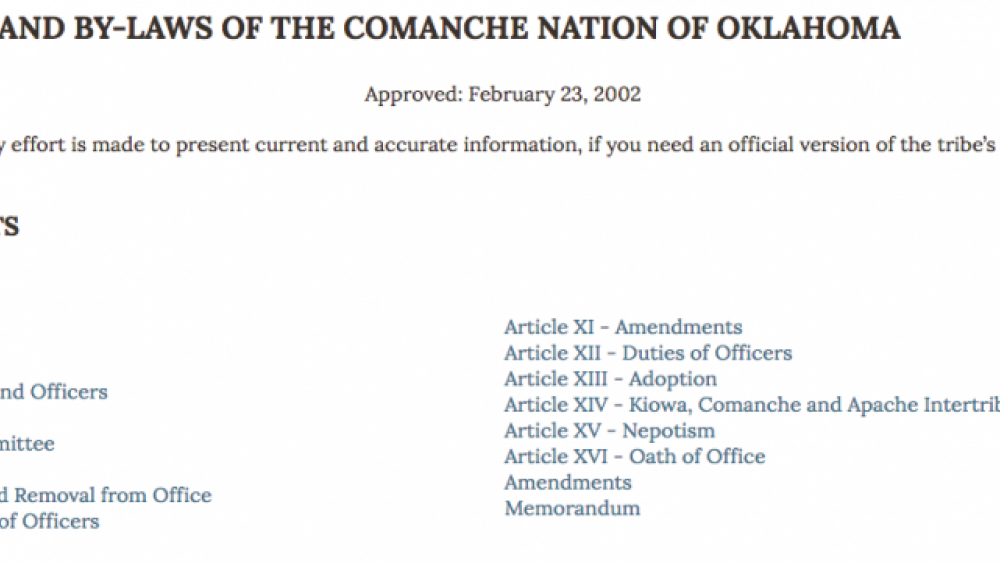
Comanche Nation: Citizenship Excerpt
ARTICLE III - MEMBERSHIP Section 1. The membership of the Comanche Nation shall consist of the following: (a) All persons, who received an allotment of land as members of the Comanche Nation under the Act of June 6, 1900 (31 Stat. 672), and subsequent Acts, shall be included as full blood members…
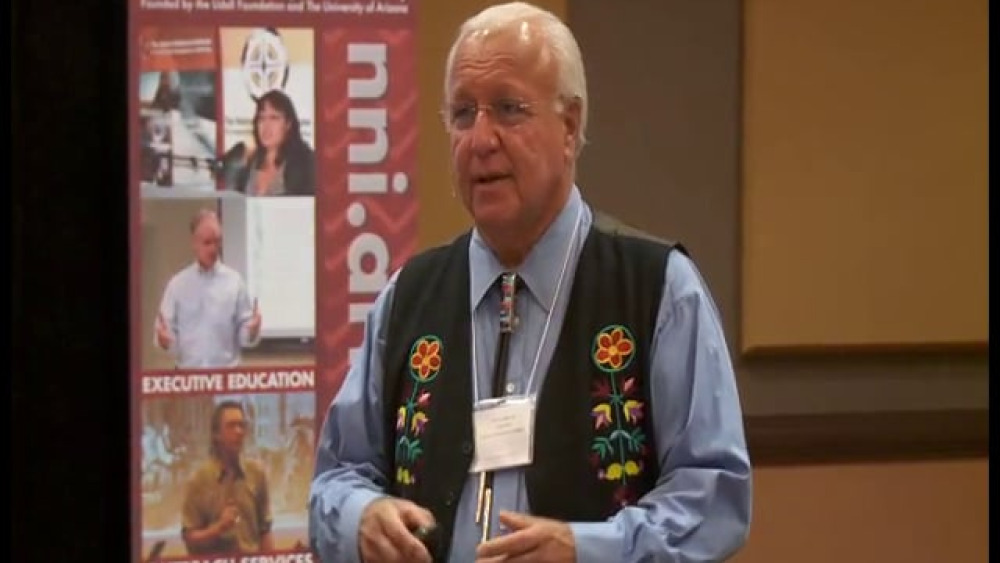
John "Rocky" Barrett: The Origins of Blood Quantum Among the Citizen Potawatomi
In this excerpt from his presentation at NNI's "Emerging leaders" seminar in 2012, Citizen Potawatomi Nation Chairman John "Rocky" Barrett provides an overview of how the U.S. government -- specifically the Bureau of Indian Affairs -- imposed blood quantum on the Citizen Potawatomi people, and how…
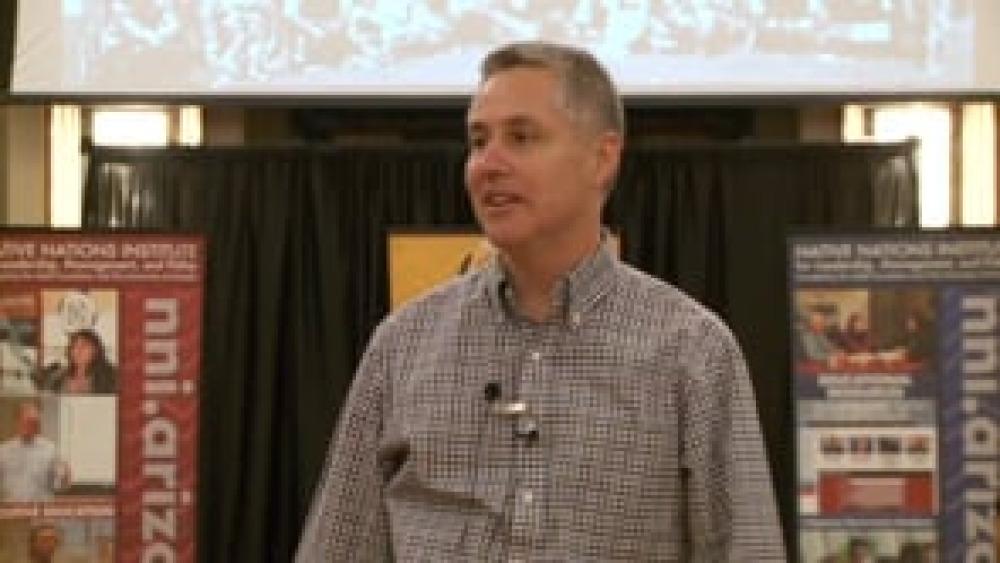
John Borrows: Who Are We and How Do We Know?
University of Minnesota Law Professor John Borrows (Anishinaabe) discusses how the Anishinaabe traditionally defined and practiced notions of social identity and belonging, and how those definitions and practices were rooted in relationships: relationships between those deemed to be part of the…
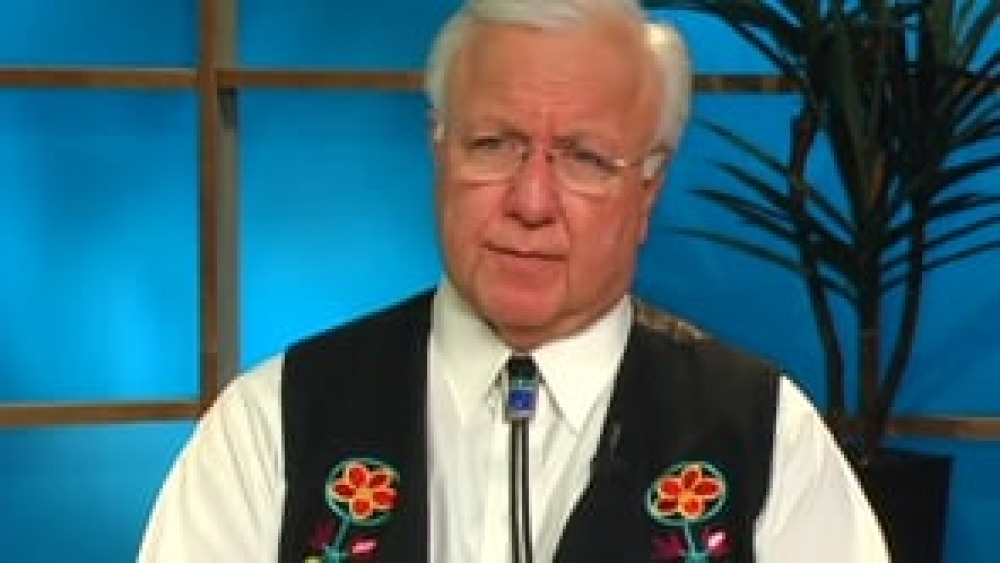
John 'Rocky' Barrett: Blood Quantum's Impact on the Citizen Potawatomi Nation
In this short excerpt from his 2009 interview with NNI, Citizen Potawatomi Nation Chairman John "Rocky" Barrett discusses the devastating impacts that blood quantum exacted on the Citizen Potawatomi people before the nation did away with blood quantum as its main criteria for citizenship through…
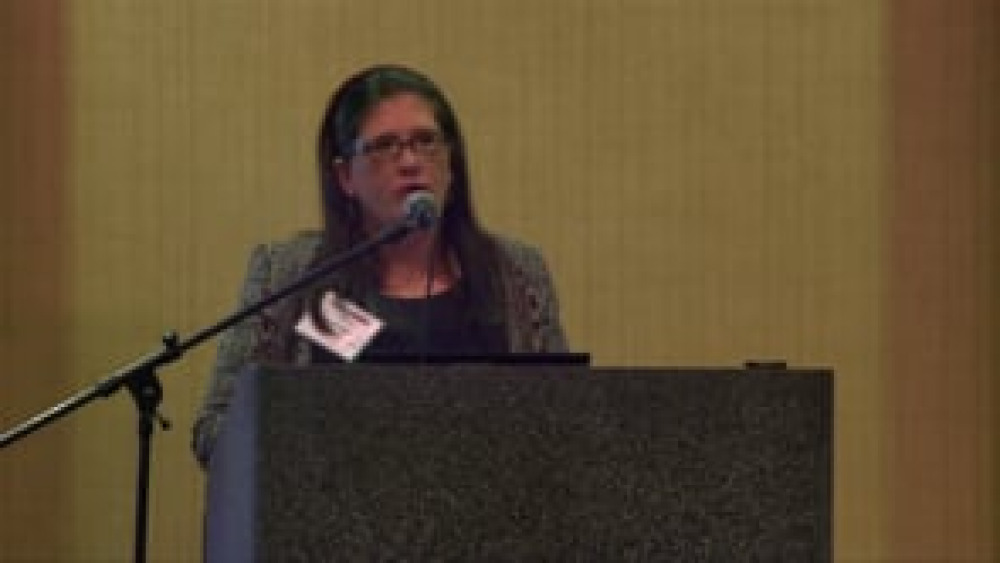
Sarah Deer: The Muscogee (Creek) Nation's Approach to Citizenship
Sarah Deer (Muscogee), Co-Director of the Indian Law Program at the William Mitchell College of Law, provides a brief overview of the Muscogee (Creek) Nation's unique approach to defining its citizenship criteria, which essentially creates two classes of citizens: those who run for elected office,…
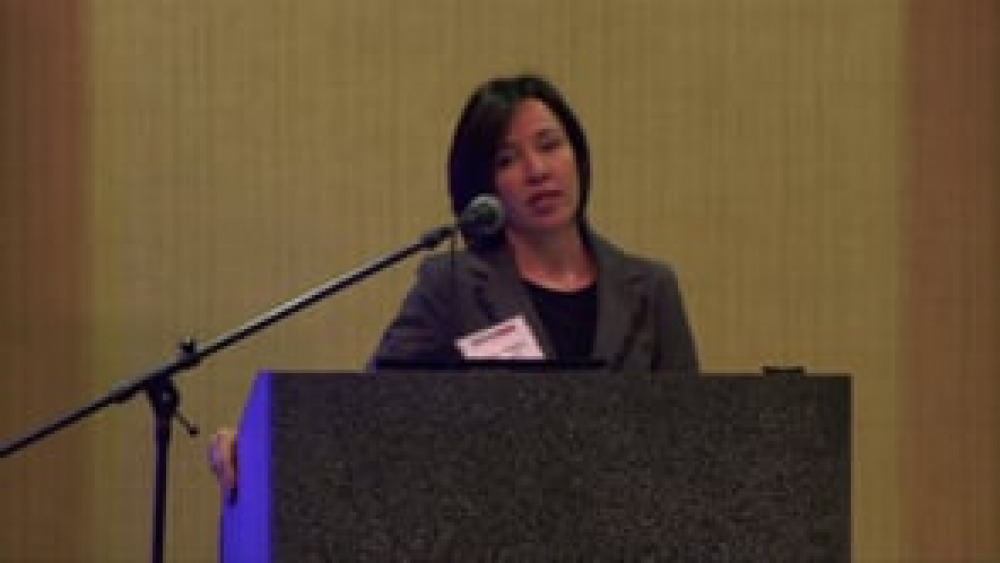
Vanya Hogen: Redefining Citizenship Criteria Through Constitutional Reform and Other Means
Lawyer and tribal judge Vanya Hogen (Oglala Sioux) discusses the difficulties inherent in amending Indian Reorganization Act (IRA) constitutions to redefine tribal citizenship criteria, and shares the story of the Shakopee Mdewakanton Sioux Community as an example of one Native nation with an IRA…
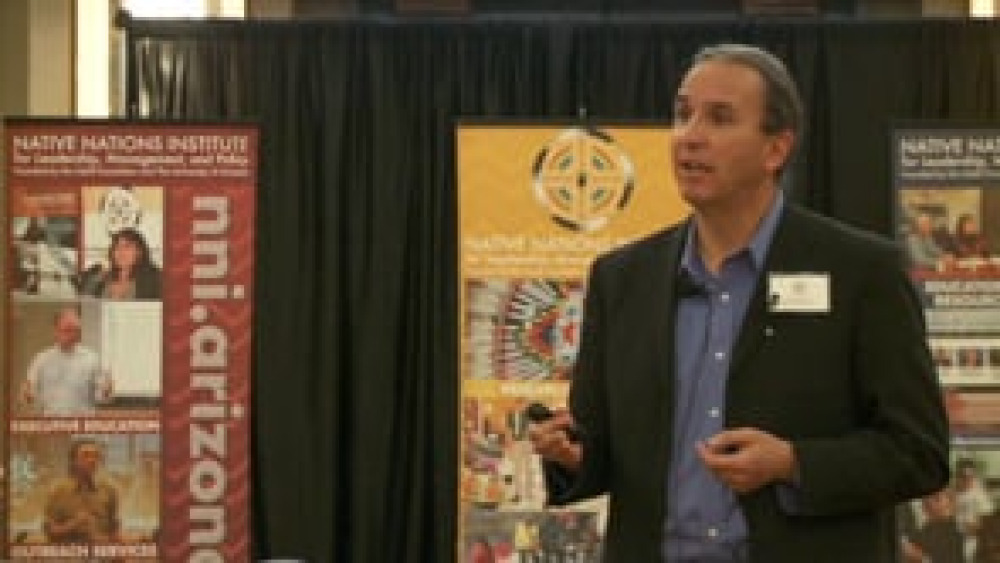
Terry Janis: Citizen Engagement and Constitutional Change at the White Earth Nation
Terry Janis (Oglala Lakota), former Project Manager of the White Earth Nation Constitution Reform Project, provides participants with a detailed overview of the multi-faceted approach to citizen engagement that the White Earth Nation followed as it worked to educate the White Earth people about the…
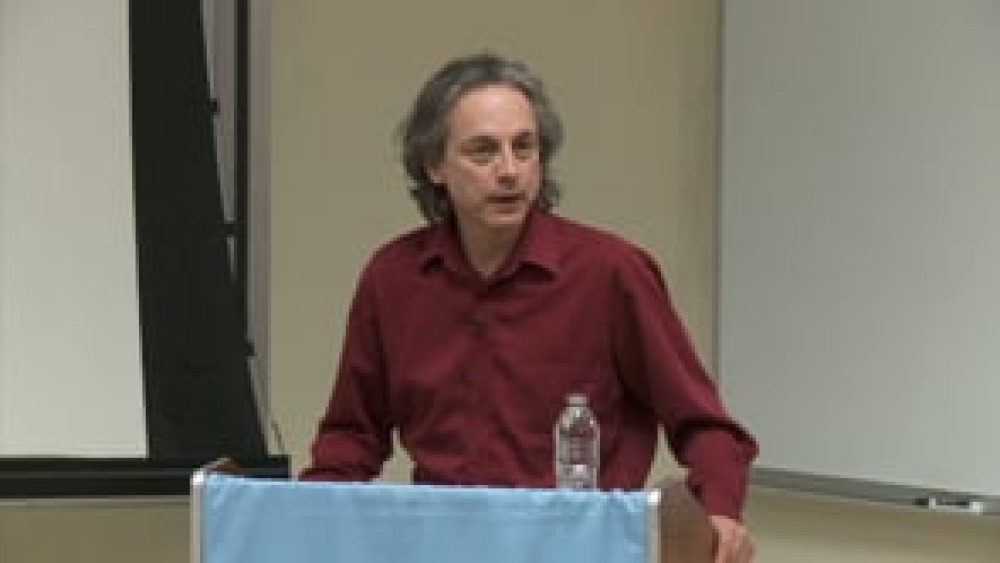
Robert Innes: Elder Brother and the Law of the People: Maintaining Sovereignty Through Identity and Culture
Robert Innes, a citizen of the Cowessess First Nation in Saskatchewan, discusses how traditional Cowessess kinship systems and practices continue to structure and inform the individual and collective identities of Cowessess people today, and how those traditional systems and practices are serving…
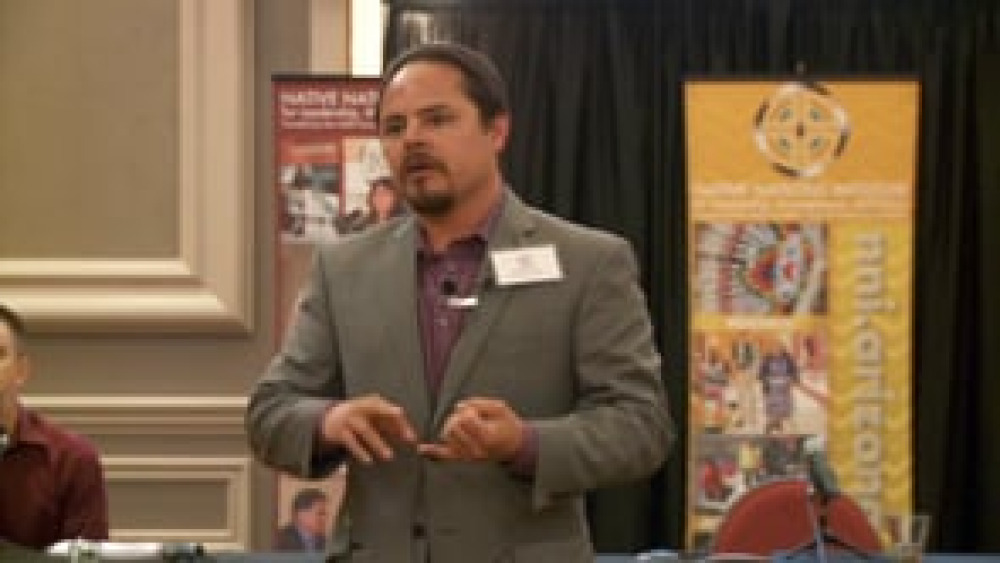
Carlos Hisa and Esequiel (Zeke) Garcia: Ysleta del Sur Pueblo: Redefining Citizenship
Carlos Hisa and Esequiel (Zeke) Garcia from Ysleta del Sur Pueblo (YDSP) provide an overview of the approach that YDSP is following as it works to redefine its criteria for citizenship through community-based decision-making. They also share the negative impacts that adherence to blood quantum as…
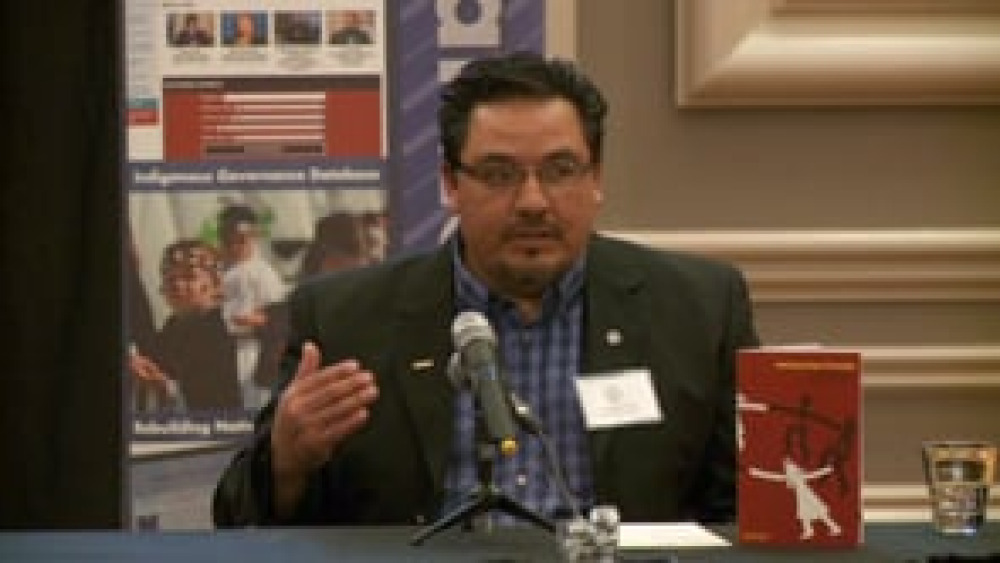
Carlos Hisa and Esequiel (Zeke) Garcia: Ysleta del Sur Pueblo: Redefining Citizenship (Q&A)
Carlos Hisa and Zeke Garcia from Ysleta del Sur Pueblo (YDSP) field questions about YDSP's current community-based effort to redefine its criteria for citizenship, and they provide additional detail about the great lengths to which YDSP has gone in order to document the origins and history of their…
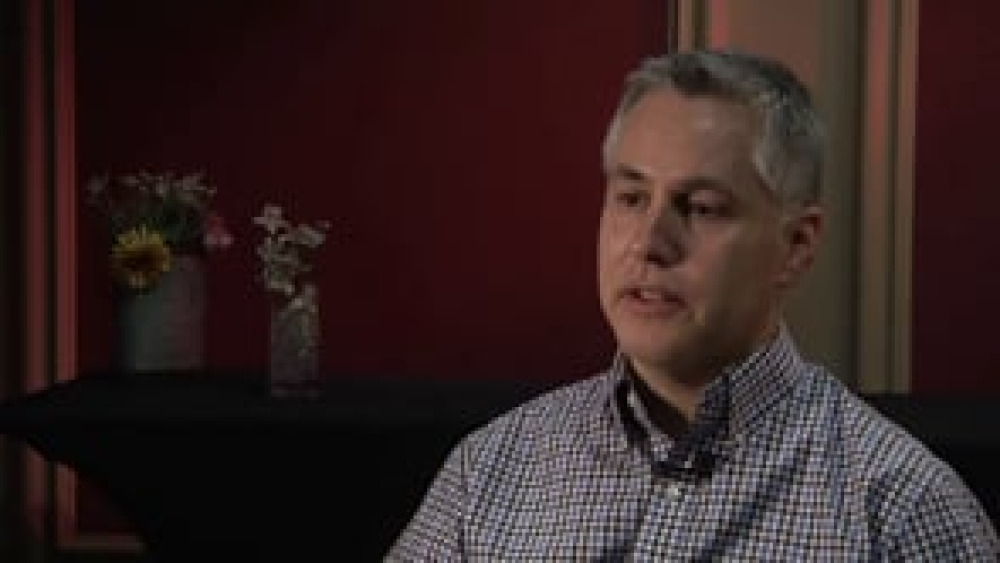
John Borrows: Revitalizing Indigenous Constitutionalism in the 21st Century
In this thoughtful conversation with NNI's Ian Record, scholar John Borrows (Anishinaabe) discusses Indigenous constitutionalism in its most fundamental sense, and provides some critical food for thought to Native nations who are wrestling with constitutional development and change in the 21st…
